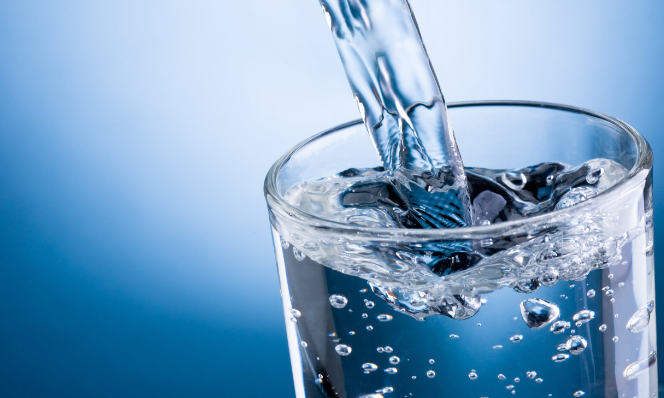
Water analysis
Storing water samples at ultra-low temperatures is essential for preserving their chemical, biological, and microbial integrity for extended periods. Proper storage practices prevent degradation and contamination, which are critical for ensuring reliable results in water quality testing and research.
Water testing is essential for ensuring that drinking water, recreational water, and natural water sources are free from harmful contaminants. Various locations and types of water sources should be routinely tested, each with different goals and testing requirements.
Here are key places where water testing should be conducted to ensure safety and environmental health:
- Municipal Water Treatment Plants
- Private Wells and Springs
- Industrial and Agricultural Sites
- Natural Water Bodies (Rivers, Lakes, and Reservoirs)
- Recreational Waters (Beaches, Swimming Pools, and Spas)
- Schools, Hospitals, and Other Public Buildings
- Bottling and Beverage Plants
Your Dynamic Snippet will be displayed here... This message is displayed because you did not provided both a filter and a template to use.